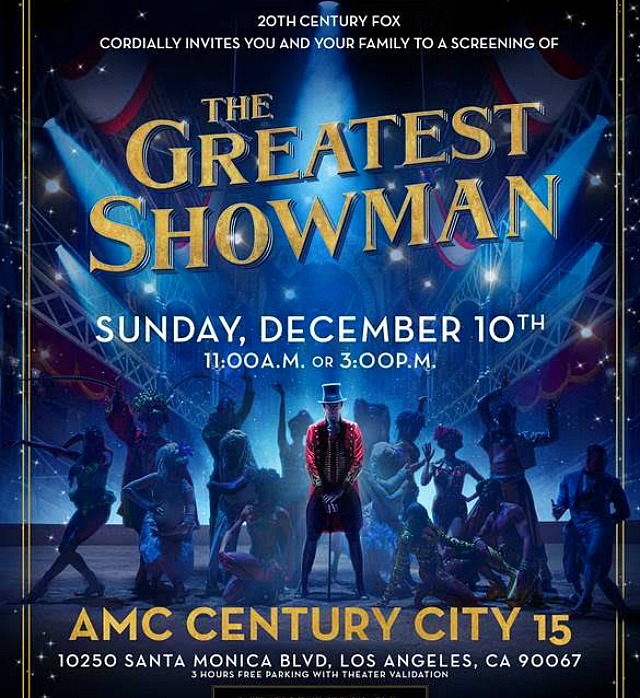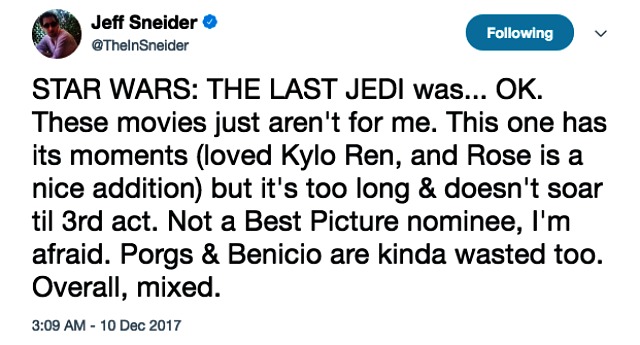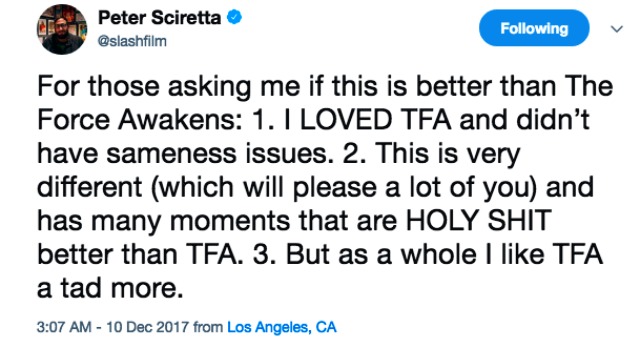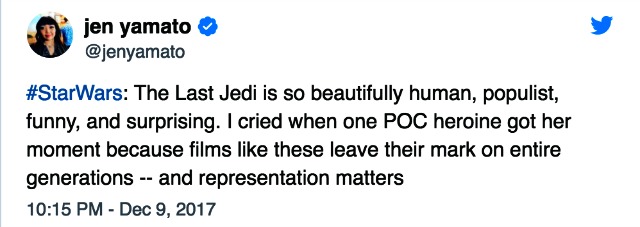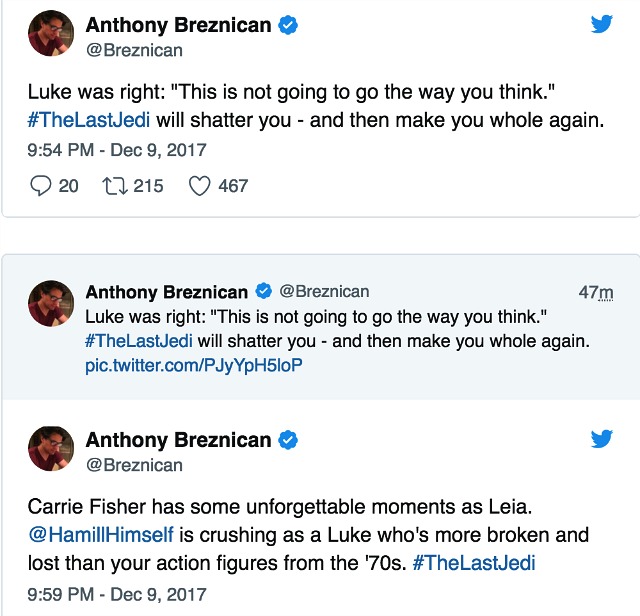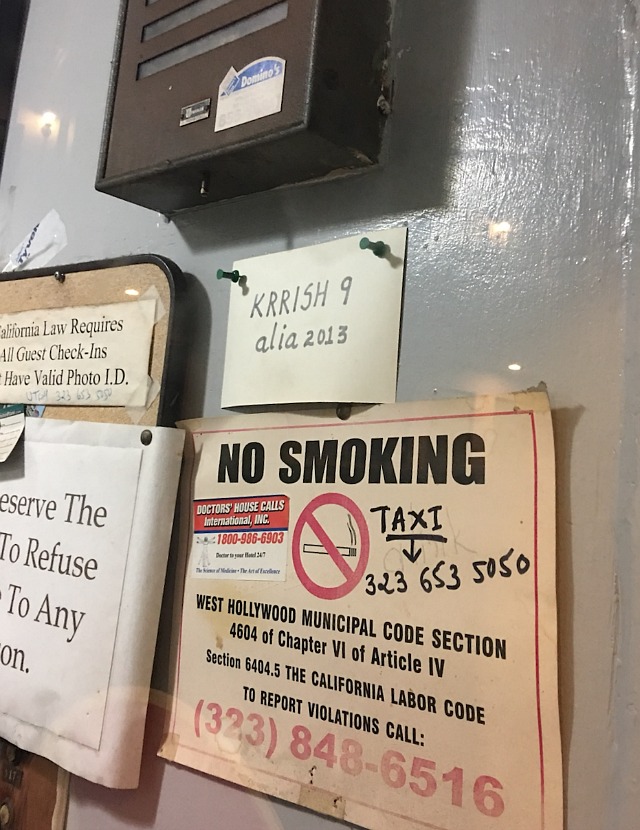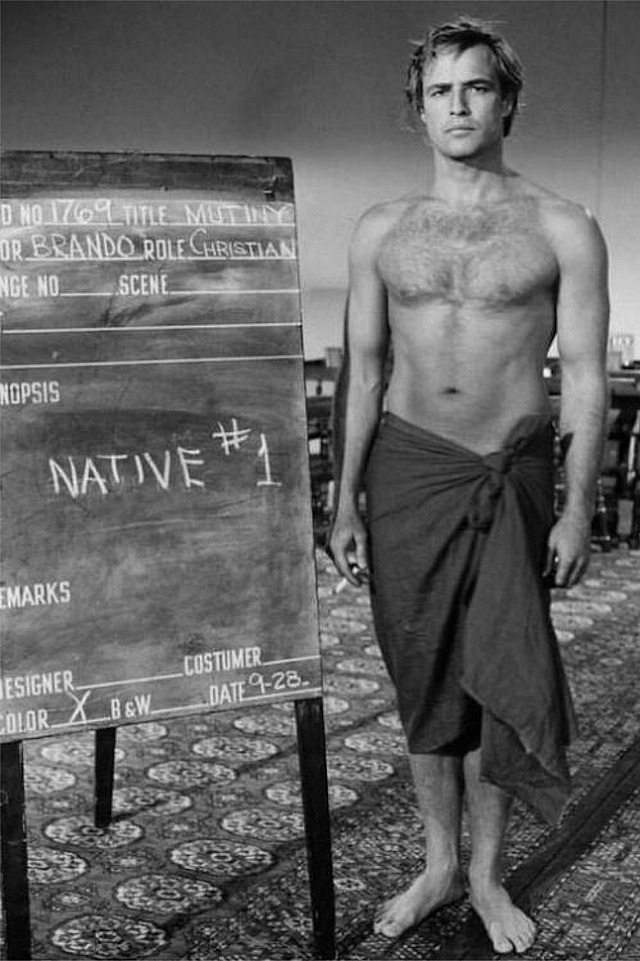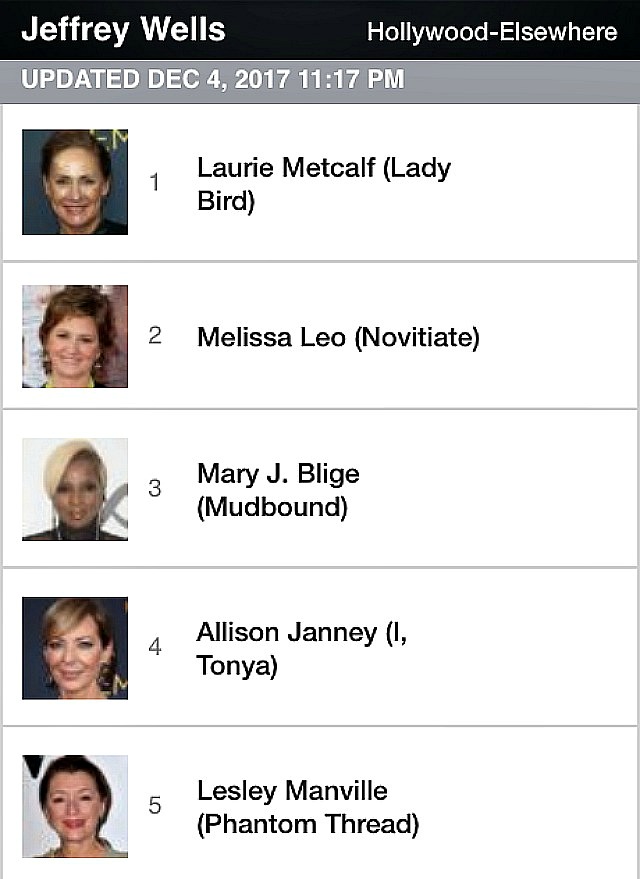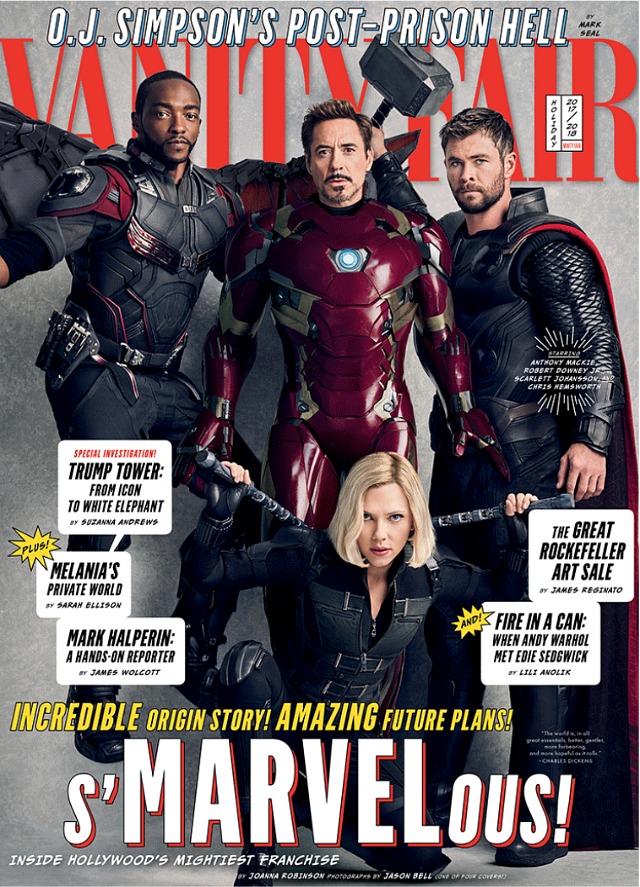In an 11.27 post called “2018 Hotties Prioritized,” I listed 40 noteworthy 2018 films that will probably generate excitement and perhaps even award-season followings — The Irishman, Roma, Back Seat, First Man, Bohemian Rhapsody, The Wife, Radegund, Widows, If Beale Street Could Talk, Mary Queen of Scots, On The Basis of Sex, Suspiria, Wendy, Sunset, Chappaquiddick, Soldado, Loro, The Nightingale, etc.
29 decent-sounding titles have since been added — Unsane, The Widow, Ad Astra, E-Book, Kursk, Cold War, Can You Ever Forgive Me — for a total of 69. Please tell me what I’m forgetting.
Yes, I’m also looking forward to Ryan Coogler‘s Black Panther, Peyton Reed‘s Ant Man and the Wasp and Ron Howard‘s Solo.
Here’s the whole thing again plus the 29 newbies:
Topliners: 1. Martin Scorsese‘s The Irishman (Robert De Niro, Al Pacino, Joe Pesci, Bobby Cannavale, Harvey Keitel, Ray Romano); 2. Adam McKay‘s Back Seat (Christian Bale, Amy Adams, Steve Carell, Sam Rockwell); 3. Damien Chazelle‘s First Man, a space drama about NASA’s Duke of Dullness, Neil Armstrong (Ryan Gosling, Claire Foy, Corey Stoll, Kyle Chandler, Jason Clarke); 4. Saoirse Ronan in Mary, Queen of Scots (w/ Margot Robbie, David Tennant, Jack Lowden, Guy Pearce); 5. Clint Eastwood‘s The 15:17 to Paris (Jenna Fischer, Judy Greer, Bryce Gheisar, Alek Skarlatos, Thomas Lennon, Jaleel White, Tony Hale, P.J. Byrne).
6. Steve McQueen‘s Widows (Viola Davis, Cynthia Erivo, Andre Holland, Elizabeth Debicki, Michelle Rodriguez, Daniel Kaluuya, Liam Neeson, Colin Farrell); 7. Terrence Malick‘s Radegund (August Diehl, Valerie Pachner, Michael Nyqvist, Matthias Schoenaerts, Jürgen Prochnow, Bruno Ganz; 8. Alfonso Cuaron‘s Roma (Marina de Tavira, Marco Graf, Yalitza Aparicio, Daniela Demesa, Enoc Leaño, Daniel Valtierra); 9. Jacques Audiard‘s The Sisters Brothers (Jake Gyllenhaal, Joaquin Phoenix, Rutger Hauer, Riz Ahmed, John C. Reilly); 10. Barry Jenkins‘ If Beale Street Could Talk (Kiki Layne, Stephan James, Teyonah Parris, Regina King, Colman Domingo, Brian Tyree Henry, Diego Luna, Dave Franco).
11. Bryan Singer‘s Bohemian Rhapsody (15-year period from the formation of Queen and lead singer Freddie Mercury up to their performance at Live Aid in 1985) w/ Rami Malek, Ben Hardy, Gwilym Lee, Joseph Mazzello, Allen Leech, Lucy Boynton. 20th Century Fox, 12.25.18; 12. Bjorn Runge‘s The Wife (Glenn Close‘s Best Actress campaign + Jonathan Pryce, Christian Slater, Annie Starke. Max Irons); 13. Felicity Jones as Ruth Bader Ginsburg in On The Basis of Sex; 14. Gus Van Sant‘s Don’t Worry, He Won’t Get Far on Foot (costarring Joaquin Phoenix, Rooney Mara, Jonah Hill, Jack Black, Mark Webber); 15. Felix von Groeningen‘s Beautiful Boy with Steve Carell and Timothy Chalamet.
16. Xavier Dolan‘s The Death and Life of John F. Donovan (Kit Harington, Natalie Portman, Jessica Chastain, Susan Sarandon, Kathy Bates); 17. Asghar Farhadi‘s Todos lo saben (Spanish-language drama w/ Penelope Cruz, Javier Bardem, Barbara Lennie, Ricardo Darin, Inma Cuesta, Eduard Fernandez Javier Camara); 18. Spike Lee‘s Black Klansman (John David Washington, Adam Driver, Laura Harrier, Topher Grace, Corey Hawkins — Focus Features); 19. Woody Allen‘s A Rainy Day in New York (Timothee Chalamet, Elle Fanning, Selena Gomez, Jude Law, Diego Luna, Liev Schreiber); 20. Stefano Sollima‘s Soldado (Benicio del Toro, Josh Brolin, Catherine Keener — Columbia, 6.29.18).
Read more
